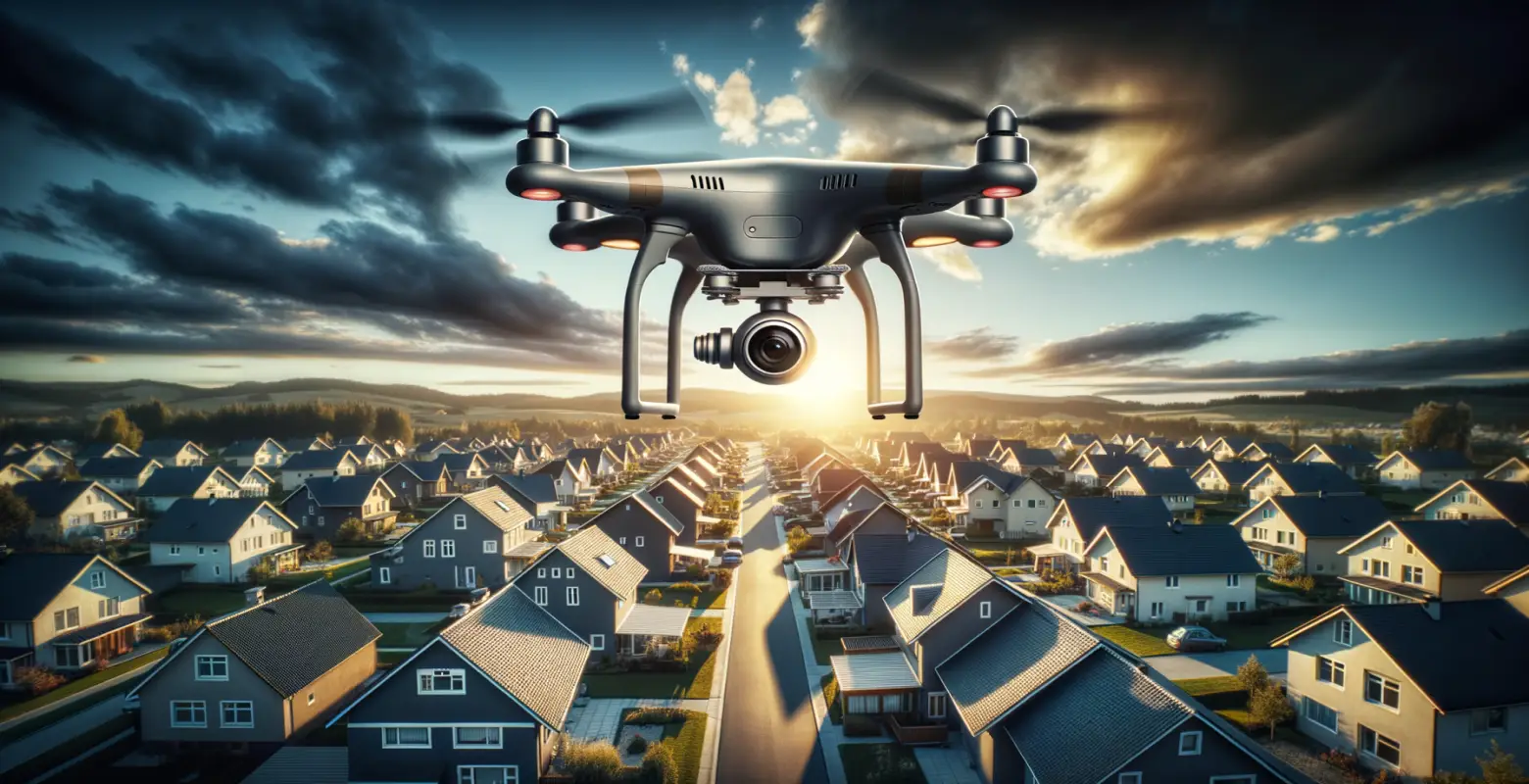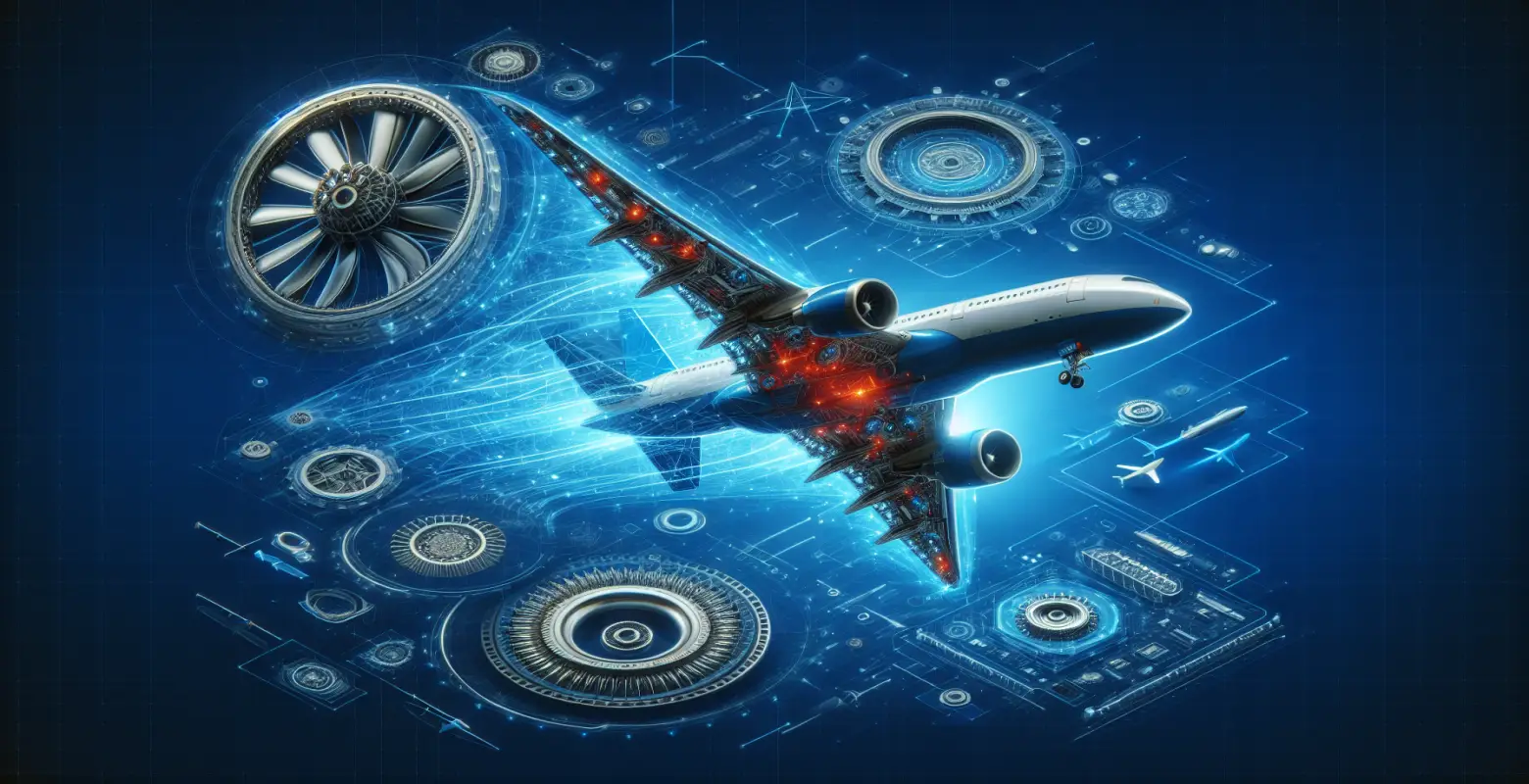Drones and privacy protection - what are the risks?
Introduction
Drones, also known as Unmanned Aerial Vehicles (UAVs), have become an integral part of the modern technological landscape. Their applications range from aerial photography, environmental monitoring, to package delivery. However, with the dynamic growth in the popularity of drones, new challenges related to privacy protection are emerging. As drones find more and more uses, the risk of privacy infringement also increases, making this topic extremely important. Why is privacy protection so crucial in the context of the growing number of drones? What are the main threats and how can they be mitigated? In this article, we will take a closer look at these issues.
History and Development of Drone Technology
Drone technology is advancing rapidly. Initially, drones were mainly used for military purposes, but over time, they have found applications in many other fields. Since the 2000s, we have witnessed a rapid development of the commercial and recreational drone market. Drones have become more accessible to the average consumer, contributing to their popularity. On one hand, drones offer unlimited possibilities for monitoring and data collection, but on the other hand, they pose new challenges regarding privacy protection.
How Drones Can Infringe on Privacy?
Drones are equipped with advanced cameras, sensors, and other technologies that enable data collection. Their ability to fly over private areas and record images and sounds without the knowledge and consent of those involved poses a potential threat to privacy. In terms of personal data protection, drones can be used for surveillance, tracking individuals, and even illegal information gathering. Examples include situations where drones are used to record events on private properties without the owner's consent, leading to privacy violations that can have serious legal consequences.
Legal Regulations Concerning Drones and Privacy
In response to growing privacy concerns, many countries have introduced regulations governing the use of drones. In Poland, drone operations are regulated by the Aviation Law and regulations of the Civil Aviation Authority (ULC). These regulations specify requirements for drone registration, rules for their use, and restrictions on flights over inhabited areas. The key aspect of these regulations is the protection of citizens' privacy. In some cases, non-compliance with these regulations can result in fines or even criminal liability.
Privacy Protection Technologies in Drones
To minimize the risk of privacy violations, drone manufacturers and users are increasingly adopting privacy protection technologies. Examples include obstacle detection and avoidance systems that prevent unauthorized entry of drones into private areas. Another solution is software that enables data encryption collected by drones, making it difficult for unauthorized use. Moreover, technologies for drone identification in airspace are being developed to facilitate enforcement of privacy protection regulations.
Challenges in Enforcing Regulations
Despite the introduction of numerous regulations, enforcing privacy protection regulations concerning drone use remains a challenge. One of the main problems is the difficulty in identifying drone operators, especially in situations where drones are used for illegal activities. Additionally, the dynamic development of drone technologies means that the law often lags behind new capabilities and threats. Therefore, education of drone users and social awareness of existing regulations and potential risks are crucial elements of effective privacy protection.
Advantages and Future Development Trends of Drones
Despite the privacy protection challenges, drones offer many benefits that may outweigh their drawbacks. They are used in rescue operations, environmental monitoring, precision agriculture, and even logistics. In the future, we can expect further development of drone technologies, which will likely bring new applications and possibilities. However, it will be crucial to ensure that this development progresses in a sustainable manner, respecting the privacy and safety of citizens.
Summary
Drones, as a modern technology, bring both tremendous potential and significant challenges. Privacy protection in the context of their use remains a key issue that requires attention from legislators and users alike. Legal regulations, privacy protection technologies, and social awareness are the foundations of effective protection against infringements. As drones become more common, further development of regulations and technologies will be necessary to ensure that their use is safe and responsible. Reader, remember your rights and obligations, both as a drone user and as a citizen whose privacy may be at risk.






Number of comments: 0